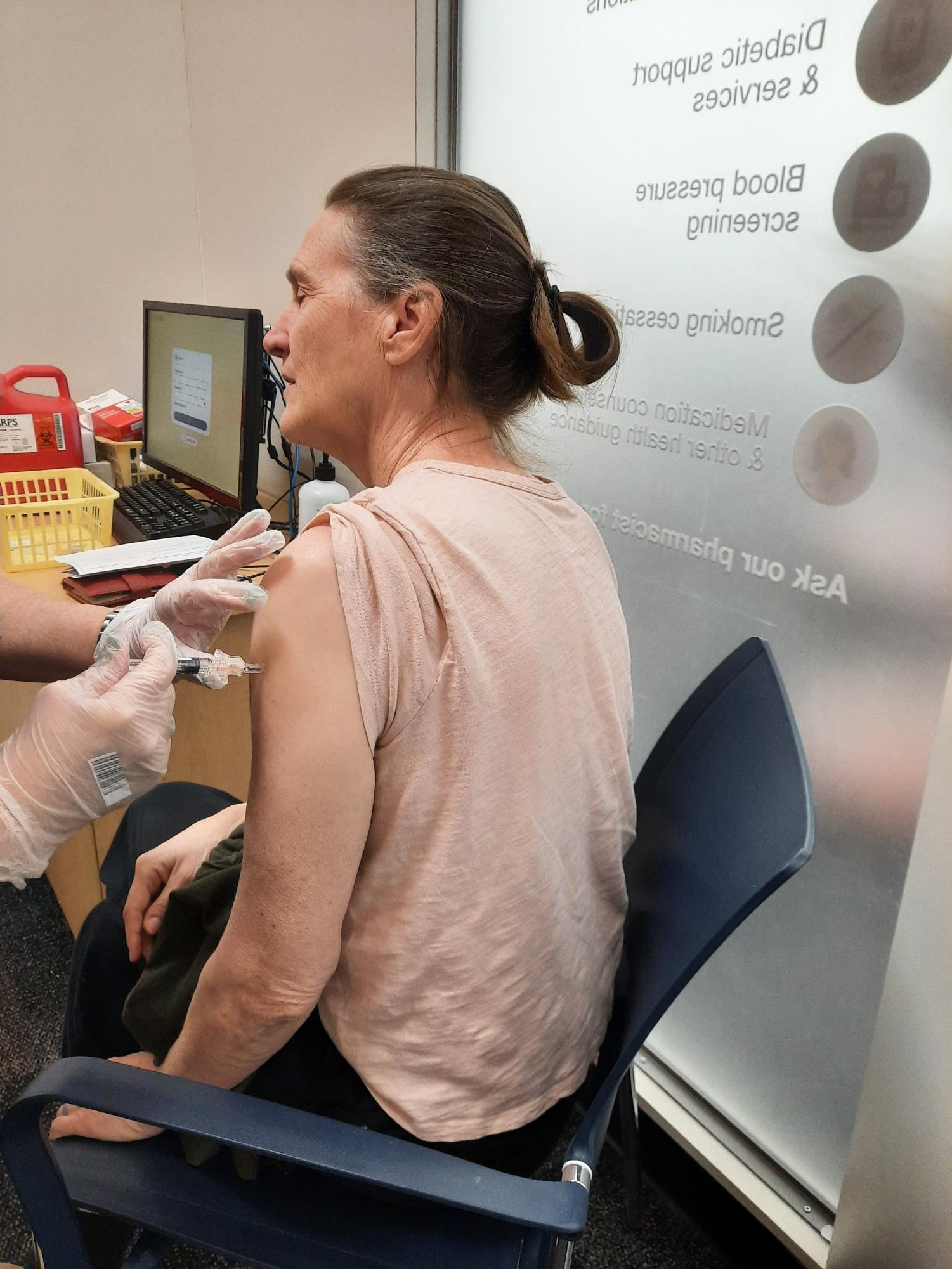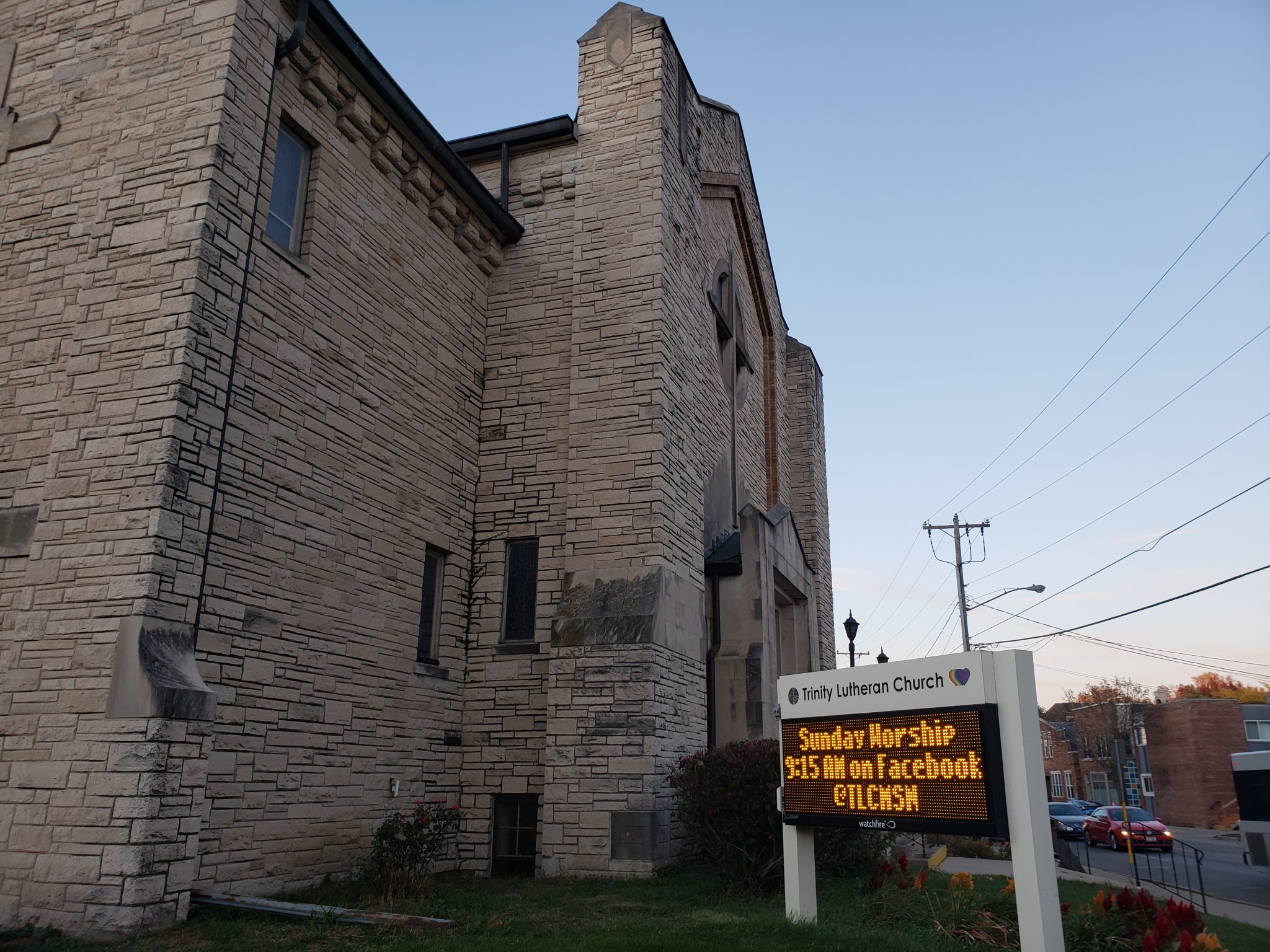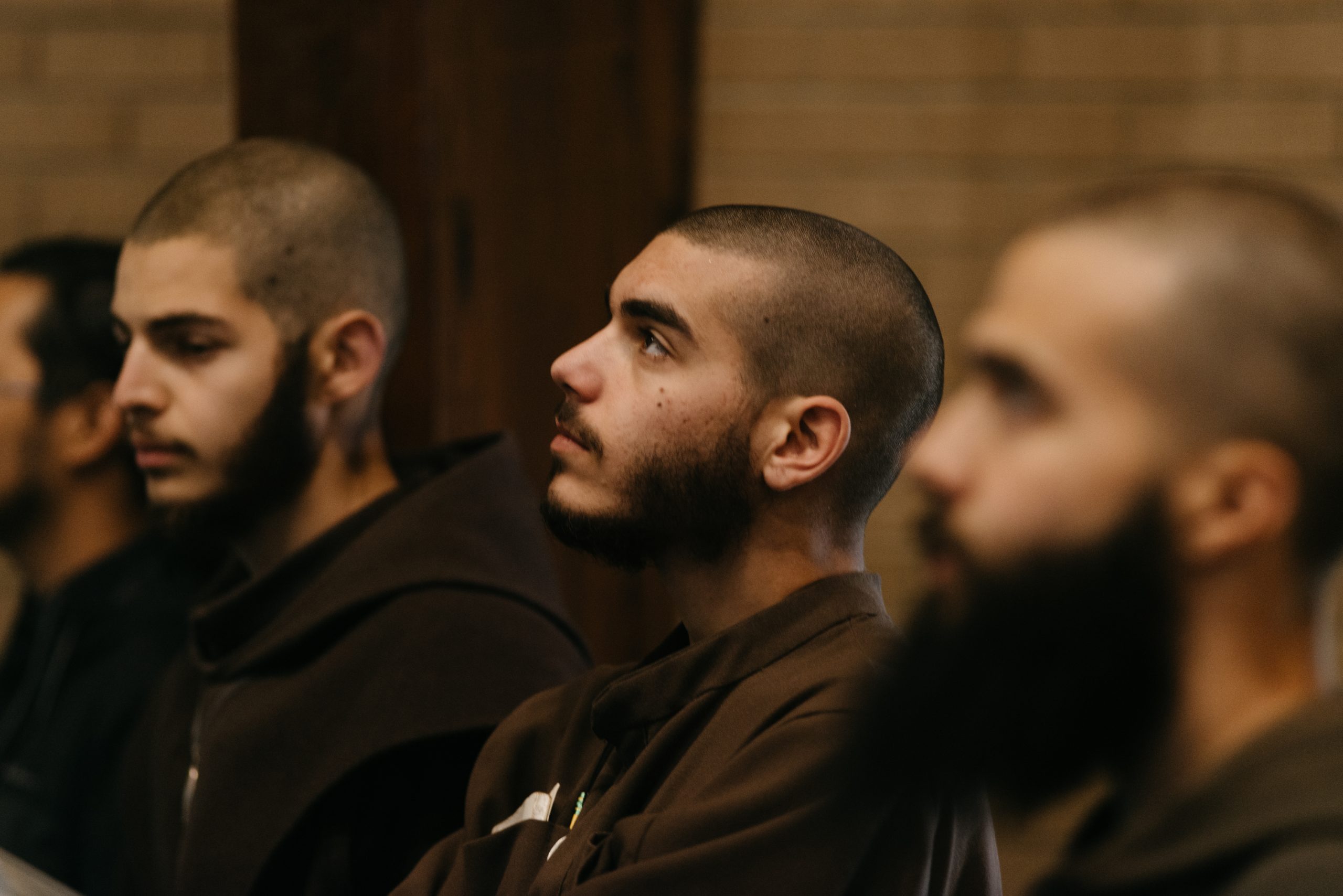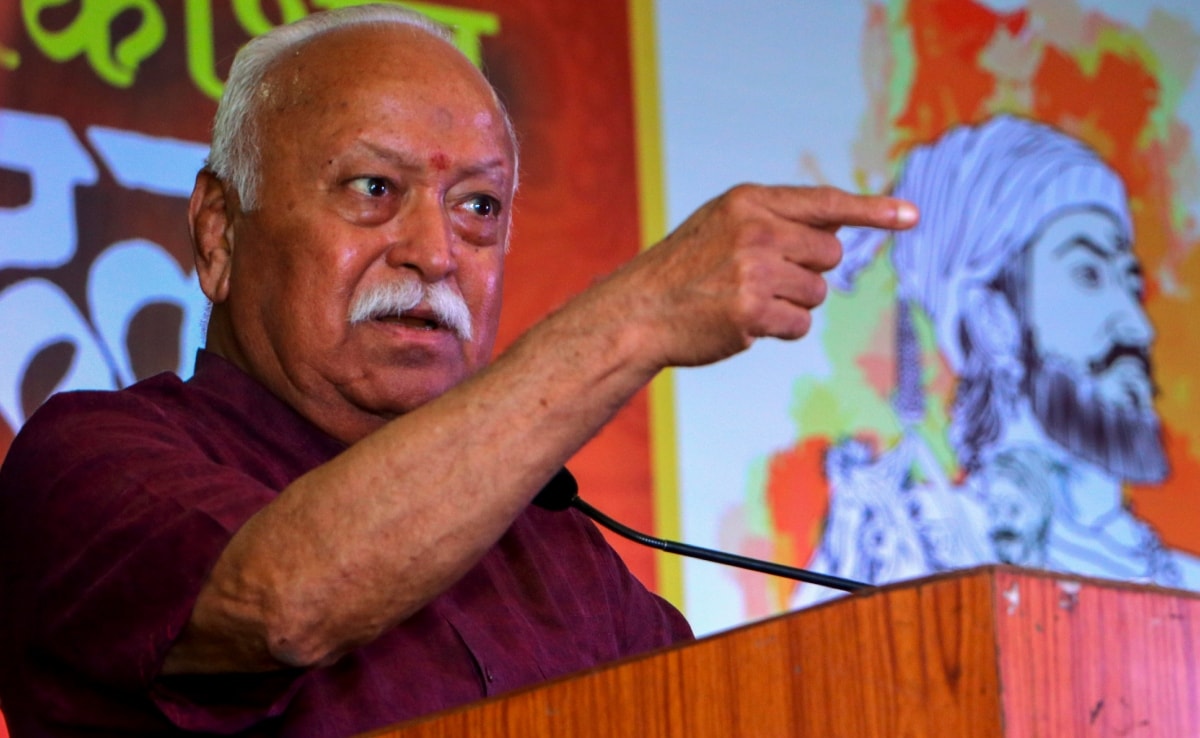Faith vs. Science: How Religious Beliefs Shape COVID-19 Vaccine Choices
Religion
2025-04-16 17:00:00Content

Despite overwhelming scientific evidence supporting vaccine safety and effectiveness, some individuals continue to use religious beliefs as a justification for avoiding immunizations. Vaccines stand as one of the most remarkable public health triumphs of the 20th century, dramatically reducing the spread of infectious diseases and saving countless lives worldwide.
Dr. Michelle Boose, medical director at UNCA Health and Counseling Center, emphasizes the critical role of vaccination in protecting community health. "Vaccines represent a powerful tool in preventing serious and potentially life-threatening diseases," she explains. By creating widespread immunity, vaccinations not only protect individual recipients but also contribute to broader public health protection through herd immunity.
The persistent hesitancy rooted in religious objections continues to challenge public health efforts, undermining decades of medical progress and putting vulnerable populations at risk. Medical professionals and public health experts urge individuals to consider scientific evidence and consult healthcare providers to make informed decisions about immunization.
Unraveling the Vaccine Hesitancy Puzzle: When Personal Beliefs Clash with Public Health
In the complex landscape of modern healthcare, few topics spark as much passionate debate as vaccination. The intersection of personal beliefs, scientific evidence, and public health creates a nuanced dialogue that challenges our understanding of individual choice and collective responsibility.Breaking Down Barriers: The Critical Conversation About Immunization in Modern Society
The Historical Triumph of Vaccination
Medical science has long celebrated vaccination as a revolutionary breakthrough in human health. Throughout the 20th century, immunization programs transformed global health landscapes, dramatically reducing mortality rates and eradicating devastating diseases that once decimated populations. Vaccines represent more than mere medical interventions; they embody humanity's collective resilience against biological threats. Pioneering researchers and public health experts have consistently demonstrated how systematic vaccination strategies can create population-wide immunity. From smallpox to polio, immunization has proven to be a powerful tool in preventing widespread infectious disease transmission, saving millions of lives across generations.Religious Exemptions: Navigating Personal Beliefs and Scientific Evidence
Religious objections to vaccination present a complex ethical and medical challenge. While individuals may cite deeply held spiritual convictions, medical professionals emphasize the broader societal implications of vaccine hesitancy. The tension between personal autonomy and public health protection creates a delicate balance that requires nuanced understanding and respectful dialogue. Contemporary medical research consistently validates vaccine safety and efficacy. Advanced immunological studies have developed increasingly sophisticated vaccination protocols, addressing potential concerns and minimizing potential risks. These scientific advancements demonstrate that modern vaccines undergo rigorous testing and continuous monitoring.Psychological Dimensions of Vaccine Resistance
Understanding vaccine hesitancy requires exploring complex psychological mechanisms. Fear, misinformation, and cultural narratives significantly influence individual decision-making processes. Cognitive biases often lead people to prioritize personal beliefs over empirical scientific evidence, creating substantial challenges for public health communication strategies. Behavioral scientists suggest that effective vaccine education must transcend traditional information dissemination. Empathetic, non-confrontational approaches that acknowledge individual concerns while presenting clear, accessible scientific information can potentially bridge communication gaps and foster more constructive dialogues.Global Health Implications of Immunization Strategies
Vaccination extends far beyond individual protection, representing a critical global health infrastructure. Comprehensive immunization programs contribute to international disease prevention, reduce healthcare system burdens, and promote economic stability by minimizing productivity losses associated with widespread illness. Developing nations particularly benefit from robust vaccination initiatives. International health organizations collaborate to design targeted immunization strategies that address region-specific health challenges, demonstrating the transformative potential of coordinated medical interventions.Emerging Technologies and Future Vaccination Approaches
Technological innovations continue to revolutionize vaccine development. Advanced genomic research, artificial intelligence, and sophisticated computational modeling enable more precise, personalized immunization strategies. These cutting-edge approaches promise increasingly targeted and effective vaccination protocols. Researchers are exploring novel vaccine delivery mechanisms, including nanotechnology-based systems and innovative administration techniques that could potentially reduce patient discomfort and improve overall immunization experiences.RELATED NEWS
Religion

Faith Under Fire: Lutheran Leaders Denounce Christian Nationalism as Threat to Religious Freedom
2025-03-27 10:00:10
Religion

Fasting Forward: How Muslim American Families Are Guiding Young Observers Through Ramadan's Sacred Tradition
2025-02-28 09:05:28






